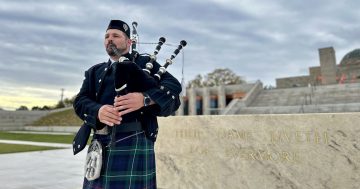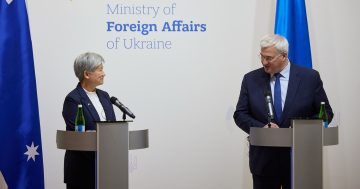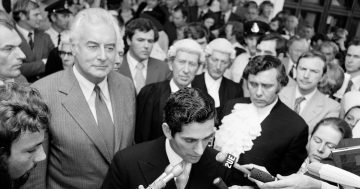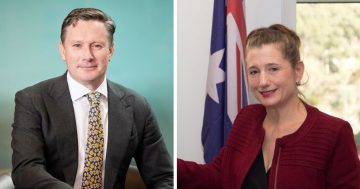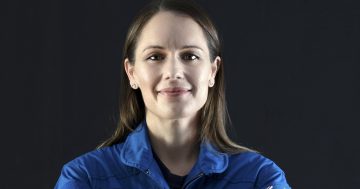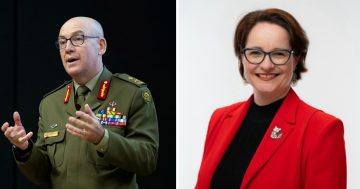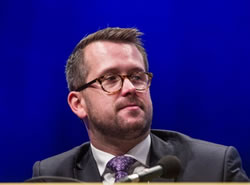 A senior Scottish Member of the United Kingdom Parliament is advocating a non-military form of national service which he has been tentatively labelled Resilience Scotland.
A senior Scottish Member of the United Kingdom Parliament is advocating a non-military form of national service which he has been tentatively labelled Resilience Scotland.
The move comes in the wake of a report by military historian, Sir Hew Strachan, which criticised the lack of “mature public engagement” with the military.
Sir Hew argued there was now a more “mythologised memory of the Second World War than an appreciation of armed conflict as it is experienced and conducted today”.
Sir Hew’s statement undermined public support for Defence funding.
While observers accept that short of a major military threat to the United Kingdom, there was no possibility of a return to military-style National Service, which was phased out 60 years ago, the Scottish National Party Spokesman on Defence, Stewart McDonald (pictured) said a civilian alternative might be possible.
In this he has been influenced by Director of the Royal United Service Institute think tank, Elisabeth Braw who said “the Coronavirus pandemic… is a vivid reminder that societal resilience must play a vital role in the formulation of the UK’s national security strategy”.
Ms Braw said Government Agencies, such as the National Health Service (NHS), could select 18-year-olds for training.
“The trainees would subsequently join a reserve and would be available for service during crises,” Ms Braw said.
“With such a system in place, the NHS would now have thousands of trained nursing staff on which to fall back,” she said.
“The current Coronavirus outbreak demonstrates the desirability of such a corps of citizens trained in the fundamentals of preparedness and emergency response.”
Mr McDonald said he was working on a proposal that would engage Scots in the scheme.
“It’s at an early stage, but my thoughts are that it could last six months, be voluntary and involve people across the age spectrum: school leavers, new graduates, those taking a career sabbatical and the recently retired,” Mr McDonald said.
“Additional benefits could include catching young people who are struggling for purpose in life, building a more connected and empathetic society, and connecting people across the generations and classes,” he said.
Edinburgh, 1 May, 2020



